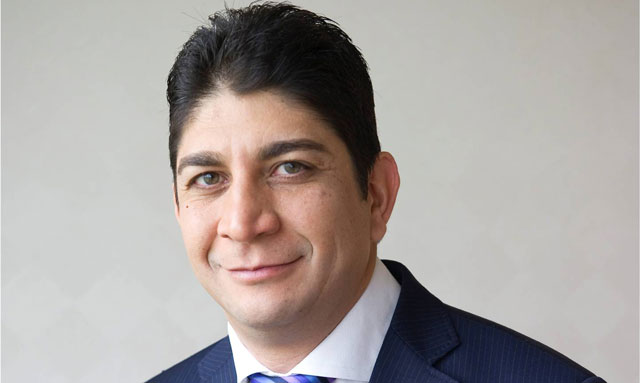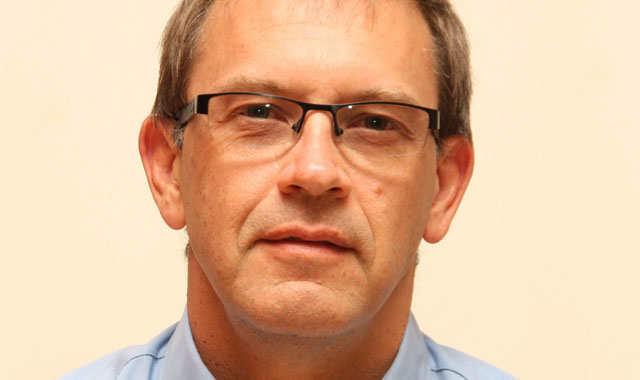
South Africa is falling behind in broadband roll-out and access because of delays in allocating access to additional radio frequency spectrum bands to mobile operators, Vodacom warned on Monday.
“Due to the country’s dependency on mobile data, it is key to secure access to spectrum to unlock this growth potential and fulfil the growing data demands of the population,” the mobile operator said in notes alongside its 2016 financial results.
Government is expected to set out its thinking on how spectrum should be allocated in a forthcoming white paper on ICT policy, which it has promised will be made available soon.
Mobile operators and other interested parties in the telecommunications industry have been waiting 10 years for government to finalise a policy on spectrum allocation. Even though communications regulator Icasa has said it is ready to allocate spectrum in key bands such as 800MHz and 2,6GHz, it is waiting for the final policy from government before it goes ahead.
Access to new spectrum has become more pressing for Vodacom after its plan to acquire Neotel fell through earlier this year under intense opposition from rivals.
In an interview with TechCentral in March, Vodacom executive head of innovation Jannie van Zyl said that if Vodacom had access to additional spectrum, it would be able to offer LTE-Advanced services to more customers across the country.
“If we had access to more spectrum, we could easily offer our customers peak download speeds in excess of 100Mbit/s. We would also be able to more easily and cost effectively extend the coverage reach of our existing LTE network if we were able to access sub-1GHz spectrum, which is best suited for wide-area coverage for high-speed mobile broadband services and improved indoor penetration,” Van Zyl said.
Operators are particularly keen to get access to spectrum in the so-called “digital dividend” bands below 850MHz that will be vacated when South Africa completes its (long-delayed) transition from analogue to digital terrestrial television.
They are also anxiously awaiting news on how the 1,9GHz, 2,3GHz and 2,6GHz bands might be licensed. These bands are well suited to delivering broadband in urban environments where base stations are closer together.
Vodacom CEO Shameel Joosub on Monday again reiterated the company’s stance that instead of providing only a pool of bandwidth for wholesale services — an idea mooted by government and some private operators like Cell C — that existing operators such as Vodacom be given exclusive access to certain bands.

Joosub said on a conference call with journalists on Monday morning that Icasa has already produced a “robust” document setting out how spectrum should be allocated.
“One [option it mooted] was making sure existing networks could access spectrum while keeping a block of spectrum aside for a wholesale network. For me, that’s the best solution because you are balancing the two approaches,” Joosub said.
“The way the Icasa document was stated, it was quite clever because it set out the need to build coverage from rural into urban as opposed to urban into rural,” he added.
Despite the spectrum challenges, Vodacom said on Monday that it expects data demand to continue to grow strongly. This will happen as smart devices become more accessible, content becomes more relevant and its 3G and 4G networks reach more customers.
“We have proactively accelerated our investment in our networks over the past two years in order to capitalise on this future demand. To support this growth over the long term, we will explore further options and opportunities to secure access to spectrum in all our markets.” — © 2016 NewsCentral Media




